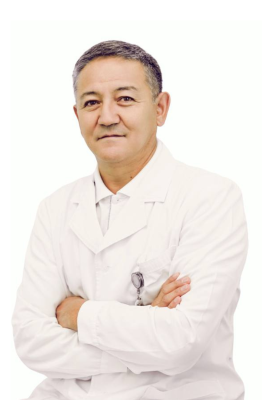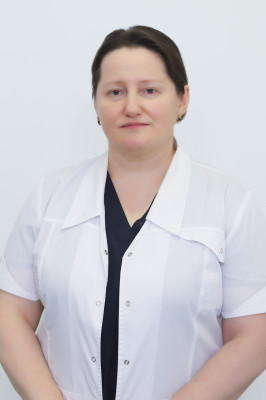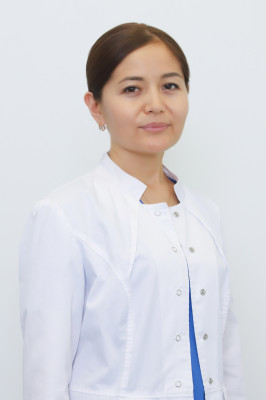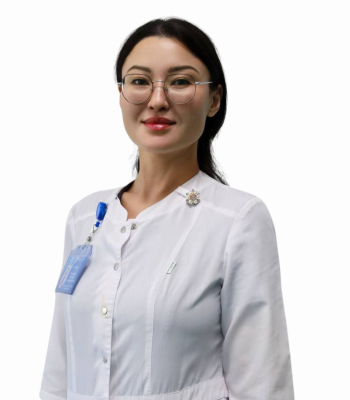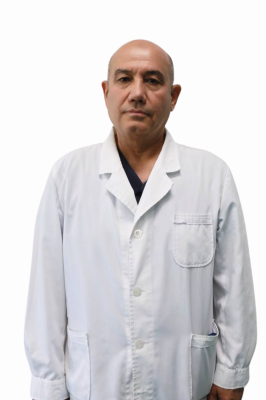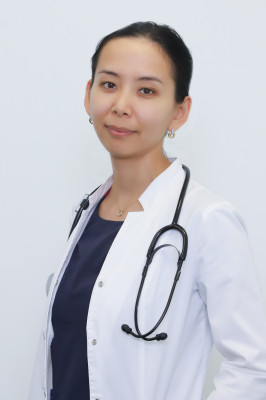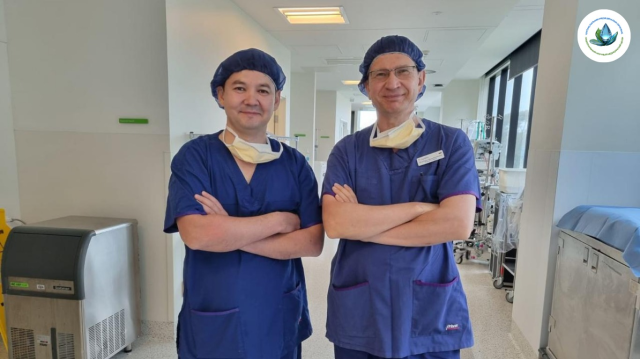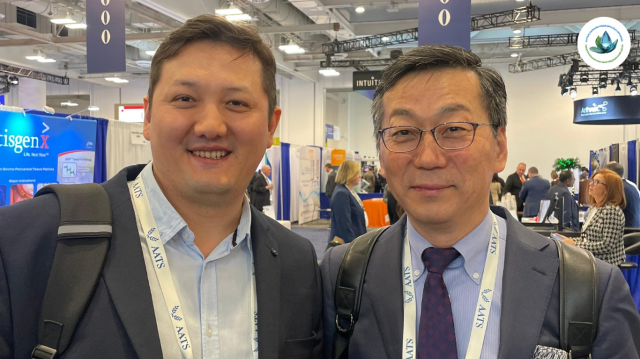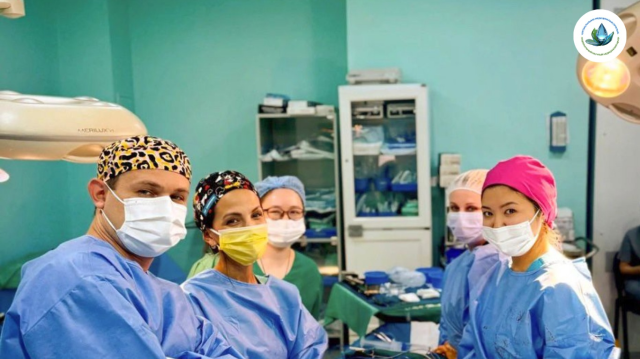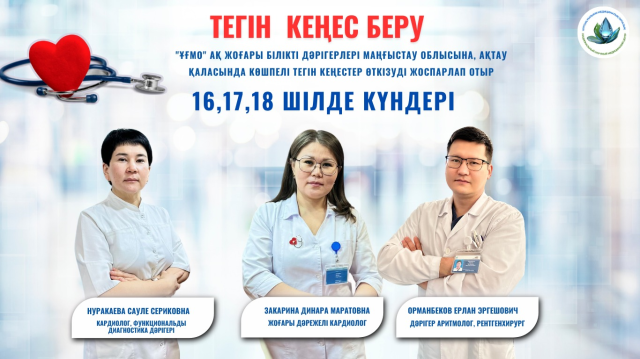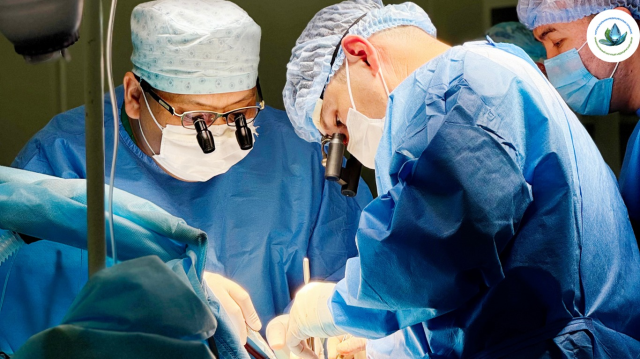Since the opening of the DRIA clinic, a department has been created in the structure of JSC NNMC for intensive care, providing highly qualified intensive care and anesthesiological care to patients undergoing examination and treatment. DRIA is a significant medical unit that significantly expands the scope of complex instrumental studies with less risk to patients. This includes general anesthesia during endoscopic examinations (esophagogastroduodenoscopy, colonoscopy), which ensures that there is no discomfort during anesthesia.
Due to the high professional training of staff and technical support, the department is able to carry out intensive monitoring and treatment of patients after complex surgical operations. Over the past 15 years, the department's staff has developed and implemented into clinical practice the basic principles of patient care after reconstructive operations on the digestive organs.
Currently, in addition to the development of new surgical technologies such as related organ transplantation, extensive liver resection and pancreatoduodenal resection, the principles of management of these patients in the perioperative period are constantly improving.
The main tasks of the Department of Anesthesiology and Intensive Care include:
- Round-the-clock provision of anesthetic procedures for planned and emergency operations of various complexity, including liver and kidney transplantation from a living related donor and cadaver.
- Provision of emergency care, intensive care and intensive care procedures.
- Ensuring the preparation of severe patients for transplantation operations, painful manipulations and invasive diagnostic tests.
- Intensive care and resuscitation of patients of various levels of complexity who are being treated at JSC NNMC.
The intensive care unit, located on 12 beds, provides treatment after extensive operations on the organs of the thoracic and abdominal cavity, pelvis, and has isolators for septic patients.
Currently, work is underway in the following practical areas:
- Technology to ensure the patient's protection from pain at all stages of the development and treatment of the disease;
- Technology of anesthesiological support and perioperative intensive care for general surgical specialists;
- Technology of safe anesthesiological support for the geriatric contingent of patients with severe concomitant cardiovascular diseases in surgery;
- Technology of safe anesthetic support during liver and kidney transplantation;
- Diagnostic and therapeutic aspects in surgical patients with an increased risk of thrombotic and hemorrhagic complications at the stages of surgical treatment;
- Features of perioperative management of patients with a high risk of developing cardiac arrhythmias and conduction disorders.
- Development of methods for the prevention of cardiac arrhythmias after surgery;
- Development of modern schemes for the prevention of postoperative nausea and vomiting in surgery;
- Perioperative management in patients with nutritional insufficiency.
In addition, the department provides training for specialist doctors within the framework of residency, as well as regular professional development and retraining activities in the field of anesthesiology, intensive care and intensive care at the workplace.

